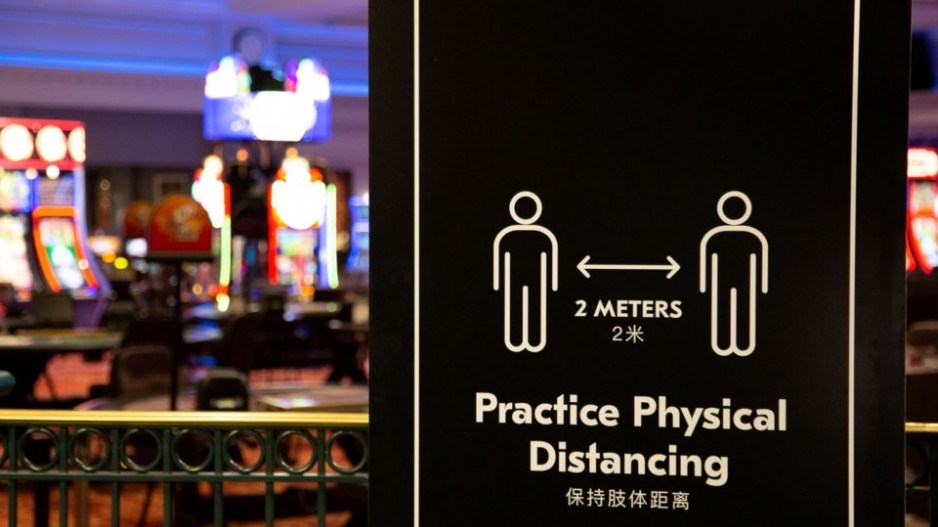Exactly three years ago, Canadians forlornly contemplated the prospect of their first pandemic summer. We had no true get-togethers, only a few scattered visits to open areas where social distancing was the norm.
At the time, Research Co. and Glacier Media outlined a high level of public support for the strategies implemented by various levels of government. Seven in ten Canadians (70 per cent) were satisfied with Ottawa’s pandemic performance and more than four in five British Columbians (83 per cent) felt the same way about their provincial administration. It was a time of cautious optimism and fear, which was not manifested in negativity towards public servants.
This year, social media continues to provide a venue for discussion – not always educated or nuanced – on COVID-19. We have seen many pronouncements by failed politicians in Toronto and from soon-to-be failed politicians in the U.S., basking in pandemic-related conspiracies.
When we recently asked Canadians about the current state of affairs, almost two thirds (64 per cent) think we are in a different moment and there is no need for additional public health measures related to COVID-19. This leaves two significantly smaller groups that call the status quo into question.
More than one in five Canadians (22 per cent) believe we should continue to have strict public health measures in place to stop the spread of COVID-19. This group includes 25 per cent of women, 30 per cent of Atlantic Canadians and 26 per cent of British Columbians.
The smallest faction – encompassing eight per cent of Canadians – posits that COVID-19 was a hoax and we never should have altered our lives. This sentiment is slightly more prevalent among Canadians aged 35-54 (10 per cent), Quebecers (11 per cent) and Conservative voters (14 per cent).
During the peak of the pandemic, Canadian politicians were unique when compared with the presidents of the other North American countries. In the U.S., Donald Trump touted the benefits of disinfectant injections as a cure, disregarding medical experts. Mexico’s Andrés Manuel López Obrador argued that the best cure for the virus was honesty (he has so far tested positive for COVID-19 three times).
This does not mean that all Canadians look back with pride. About half think three levels of government were successful in dealing with COVID-19: municipal (51 per cent), federal (50 per cent) and provincial (49 per cent). The rating is lower for the performance of the official opposition, both in Ottawa (35 per cent) and at the provincial level (38 per cent).
Among the four most populous provinces, the verdict of a successful pandemic management is highest in British Columbia (55 per cent), followed by Ontario (47 per cent), Quebec (43 per cent) and Alberta (38 per cent). In each of these four cases, the numbers are lower than the satisfaction observed three years ago.
Perceptions on the media are similar to the way Canadians feel about their politicians with about half saying newspapers (49 per cent), radio news (51 per cent) and television news (52 per cent) dealt with the pandemic successfully. The rating is lower for non-governmental associations (47 per cent), unions (40 per cent) and trade associations (35 per cent).
It is clear that Canadians believe we still have much to learn from a pandemic that caused the deaths of more than 53,000 inhabitants. More than three in five Canadians (62 per cent, down four points since April 2022) believe holding a public inquiry into the way the COVID-19 pandemic was managed by the federal government is warranted at this time. This includes majorities of Canadians who voted for the New Democratic Party (66 per cent), the Liberal Party (also 66 per cent) and the Conservative Party (61 per cent) in 2021.
Most Canadians would also welcome public inquiries into the pandemic performance of provincial governments (61 per cent, down three points) and municipal administrations (57 per cent, down four points). Support for a provincial inquiry is highest in Ontario (63 per cent), followed by Quebec (61 per cent), Alberta (60 per cent) and British Columbia (55 per cent).
As we continue to experience a summer that is vastly different from the one we endured three years ago, most Canadians appear to have turned the page on the pandemic. Only three in ten wish to either be more vigilant or not vigilant at all. Still, there are lingering hopes for a public inquiry to figure out what can be done better, if and when our lives are disrupted again.
Mario Canseco is president of Research Co.
Results are based on an online study conducted from July 16 to July 18, 2023, among 1,000 adults in Canada. The data has been statistically weighted according to Canadian census figures for age, gender and region. The margin of error—which measures sample variability—is +/- 3.1 percentage points, nineteen times out of twenty.


